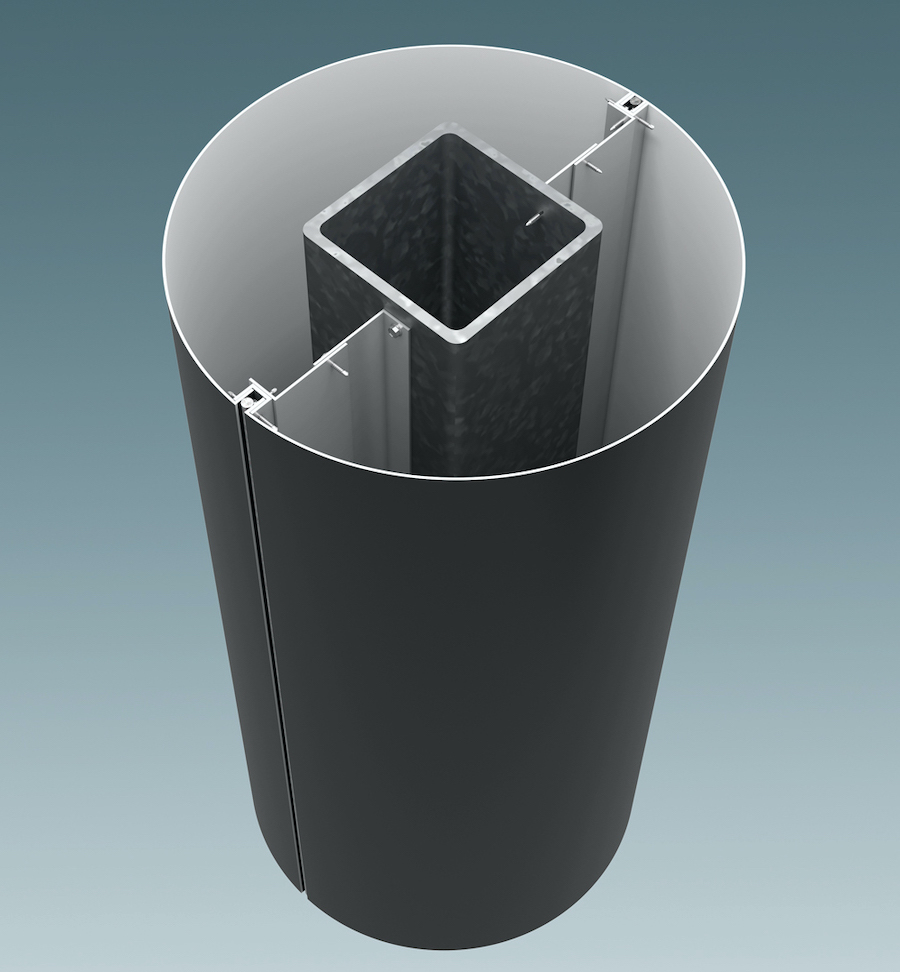How Corporate Brands Have Been Leading the Charge on Hospitality Architectural Design Trends

The hospitality industry is witnessing a significant transformation driven by changing consumer preferences, technological advancements, and the emergence of corporate brands as influential players in shaping architectural design. Today, hotels are not just places to stay; they are experiential hubs designed to cater to diverse needs and preferences of travelers. With many corporate entities spearheading the rolling tides of change, the hospitality industry has pivoted to accept different design trends over time.
The hospitality market aims to accommodate travelers comfortably.
Modern travelers seek personalized experiences that go beyond traditional hospitality offerings. Corporate brands are leveraging technology and data analytics to understand guest preferences better and tailor experiences accordingly. This trend is reflected in architectural design through the incorporation of flexible spaces, multifunctional areas, and customizable amenities. Hotels are increasingly designed to offer unique experiences that resonate with the lifestyle and interests of their target audience.

Additionally, environmental friendliness has been a growing concern in recent years.
With an expanding environmental consciousness, sustainability has become a key consideration in hospitality design. Corporate brands are prioritizing eco-friendly practices and integrating sustainable elements into their properties. This includes the use of recycled materials, energy-efficient systems, green spaces, and renewable energy sources. Architects are collaborating with brands to create environmentally responsible spaces that minimize carbon footprint and promote sustainable tourism.
Another factor helping to shape architectural trends is technology.
Technology is revolutionizing the way guests interact with hotel spaces, and corporate brands are at the forefront of this transformation. From mobile check-ins to smart room controls, hotels are embracing technology to enhance guest convenience and streamline operations. Architectural design is adapting to accommodate these advancements, with features such as integrated digital interfaces, IoT-enabled devices, and seamless connectivity. The goal is to create immersive environments that seamlessly integrate technology without compromising aesthetic appeal.

Nurturing a brand means cultivating a community of individuals who align themselves with a corporate entity’s values.
Corporate brands are recognizing the importance of community engagement and cultural immersion in enhancing the guest experience. Hotels are no longer isolated entities but integral parts of their surrounding neighborhoods. Architectural design reflects this shift by incorporating local elements, supporting local artisans, and fostering connections with the community. From hosting cultural events to showcasing indigenous art, hotels are creating spaces that celebrate the richness and diversity of their locales.

A vacation isn’t a “one size fits all” deal and takes many different forms.
Wellness tourism is experiencing a surge in popularity, and hotels are responding by prioritizing guest well-being in their design ethos. Corporate brands are investing in wellness amenities such as spas, fitness centers, yoga studios, and healthy dining options. Architectural design plays a crucial role in promoting wellness by integrating biophilic elements, natural lighting, and serene landscapes. Hotels are designed as sanctuaries that rejuvenate the body, mind, and soul, offering guests a holistic retreat experience.
The hospitality landscape is undergoing a paradigm shift, with corporate brands driving innovation in architectural design to meet the evolving needs of travelers. From personalization and sustainability to technology integration and community engagement, hotels are embracing new trends to create memorable guest experiences. As the industry continues to evolve, the collaboration between corporate brands and architects will play a pivotal role in shaping the future of hospitality design.





.png)
